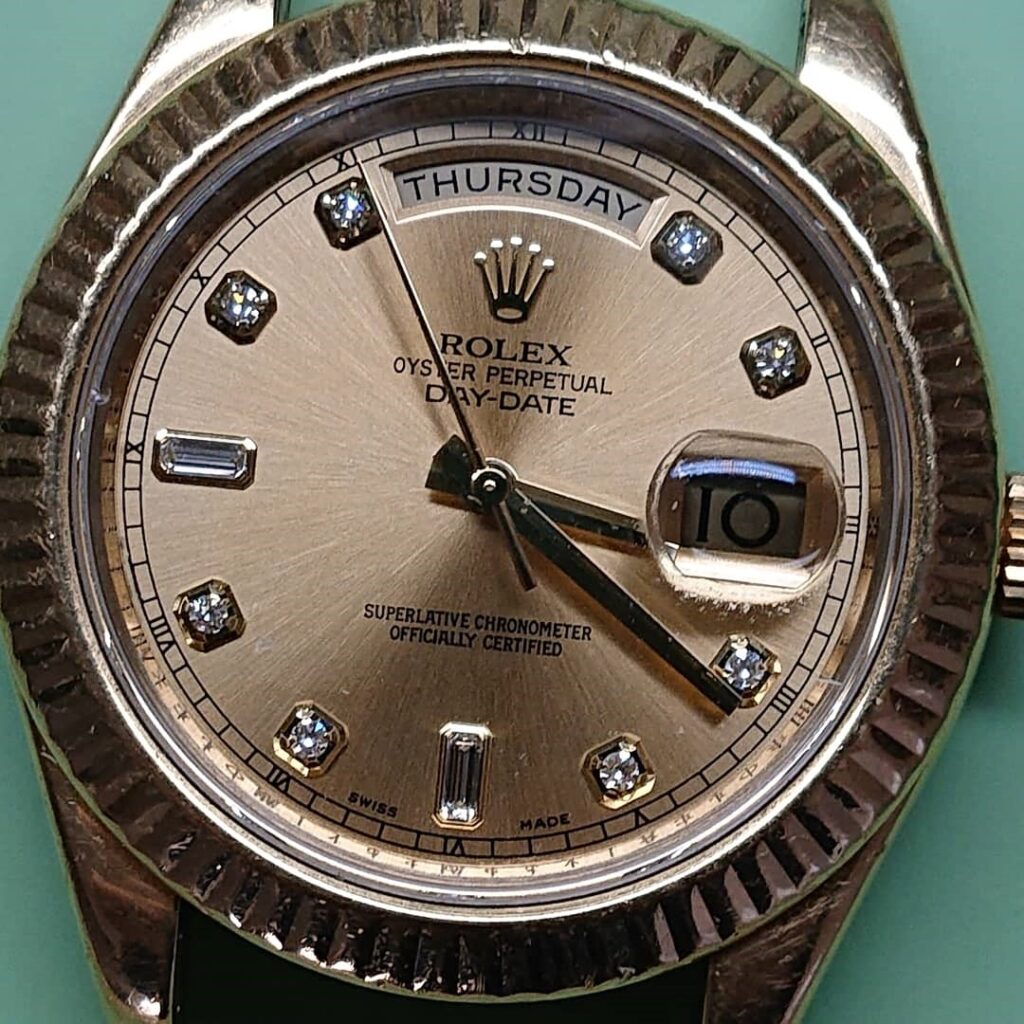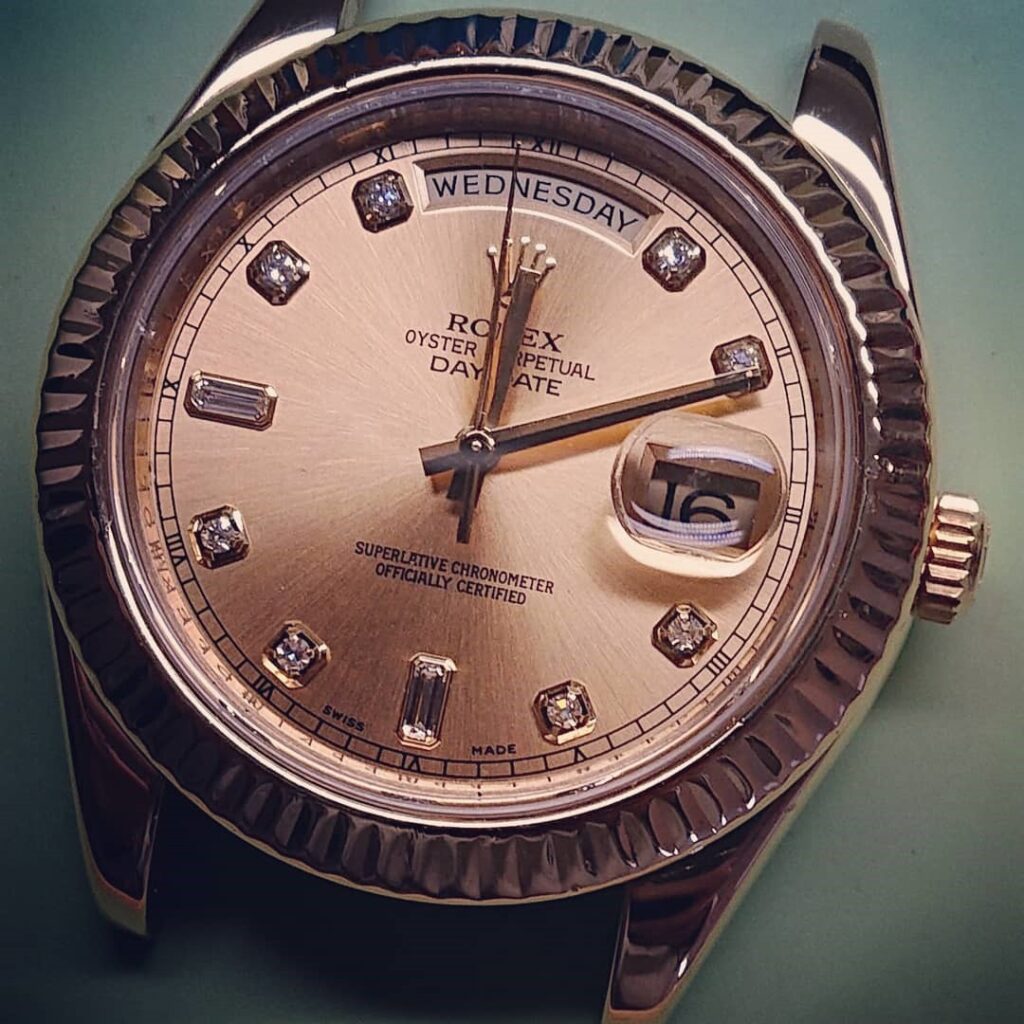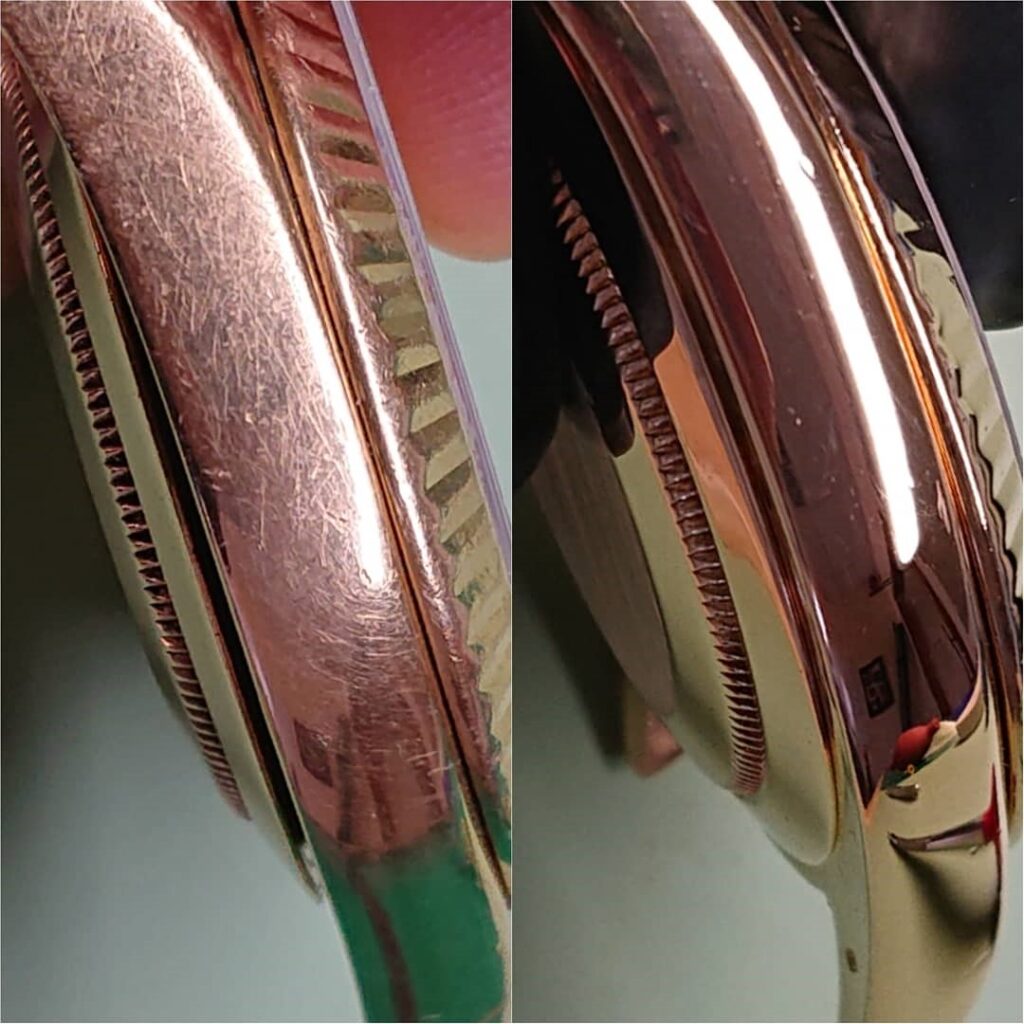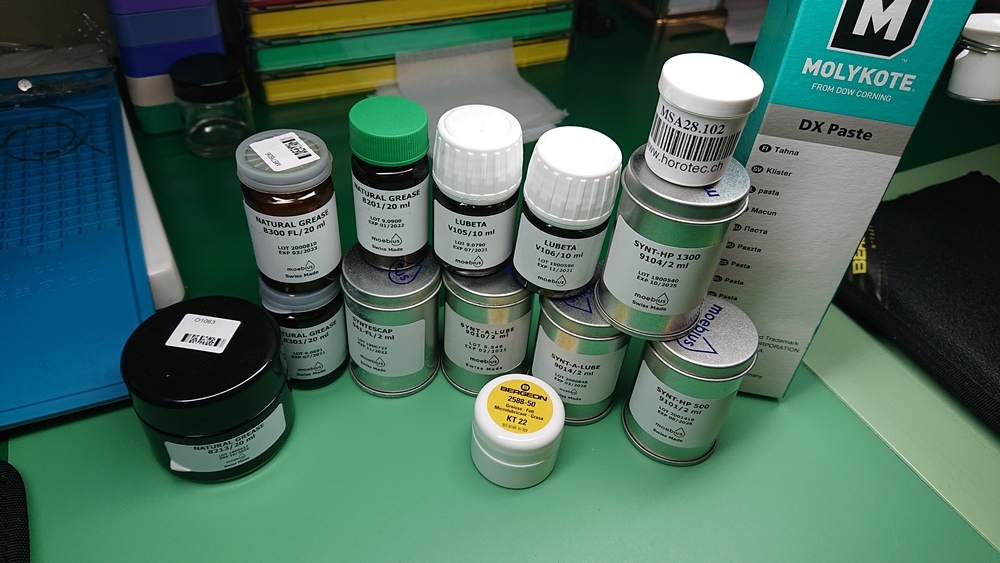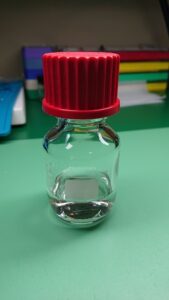As experts in the repair and restoration of watches both modern and vintage, we encounter a huge variety of watches in our workshop. Through the course of our work and dealings with clients, we are often asked similar questions again and again. In this blog post we’ll look at a few common questions and give you our answers. A quick note – each watch is different, so while our responses outlined below may be appropriate to your watch, there are of course exceptions.
Why does my automatic watch stop when I take it off?
My watch has kept time perfectly for 10/20/30 years and it’s never needed a service, why has it stopped?
In short, the lack of maintenance will have likely caused some serious wear. These mechanisms rely on cleanliness, plus fresh oils and greases to work properly. Going decades without a service is not advisable and will only serve to damage the movement. The fact its kept going for so many years is perhaps testament to the genius design of the watch movement. Service intervals are usually every 3-5 years for most watches.
I have a mechanical (hand-winding) watch and I can keep winding it forever – why is this?
If you have a hand-wound mechanical watch this is almost certainly a broken mainspring. A full service and new mainspring will be required.
Why is the second hand skipping on my quartz (battery) powered watch?
Some quartz movements have an end-of-life (EOL) indicator function. This allows the watch to display to you when the battery needs replacing. When you see the second hand skipping this is a sign it needs doing.
Do you have a watch in need of repair? Get in contact with us to see how we can help. We are able to repair almost any watch and we offer a comprehensive watch repair service. We cater to clients all around the UK thanks to our fully insured freepost watch repairs service. You can also bring watches in to our showrooms based in Lewes and Uckfield, Sussex. As Business Partners of the British Horological Institute and a Feefo Platinum Trusted Service Award accredited business, you can be confident when dealing with us.
Yours sincerely
David Clark PJDip. PJGemDip. CertGA.
Managing Director
W.E. Clark & Son Limited.

